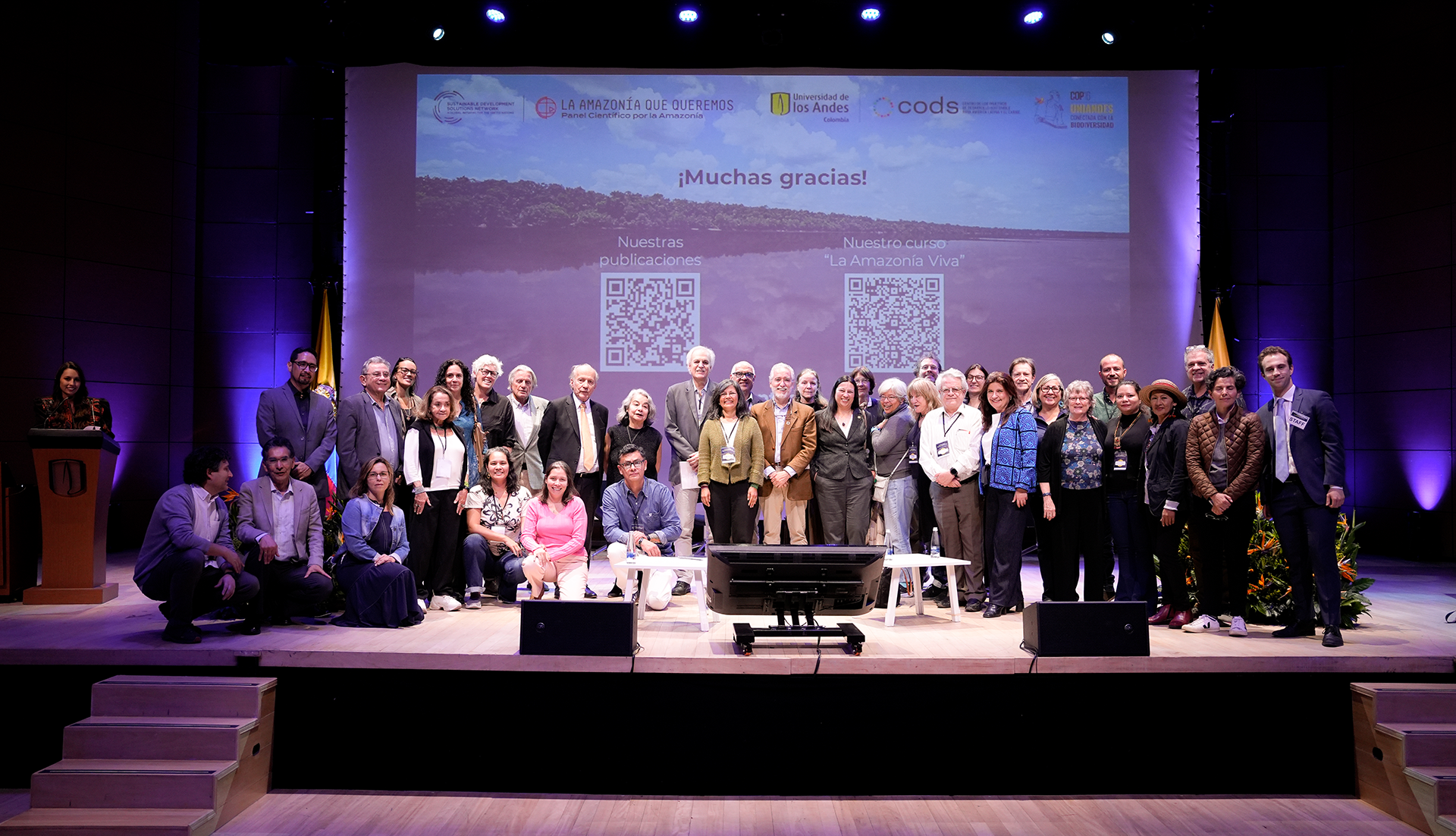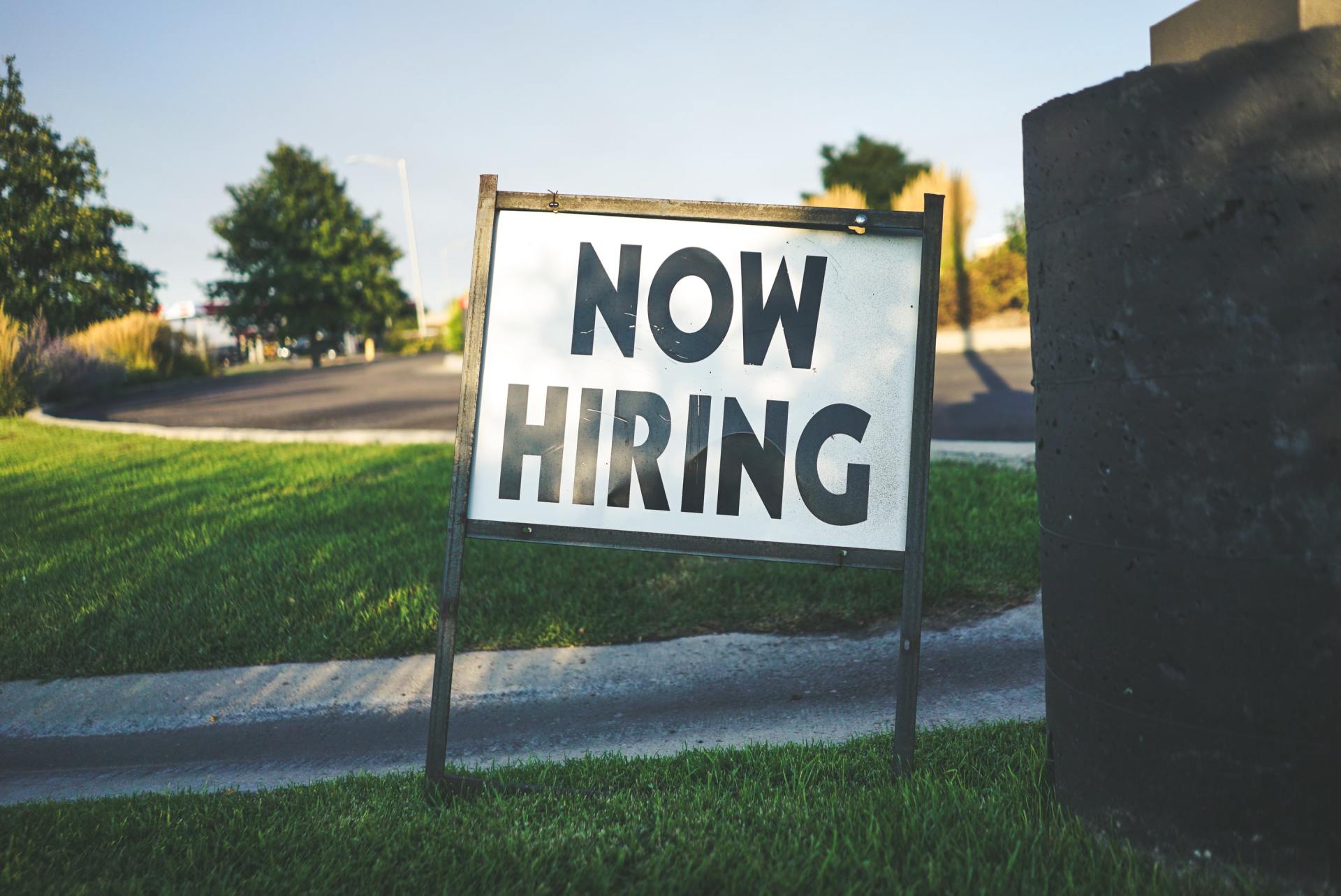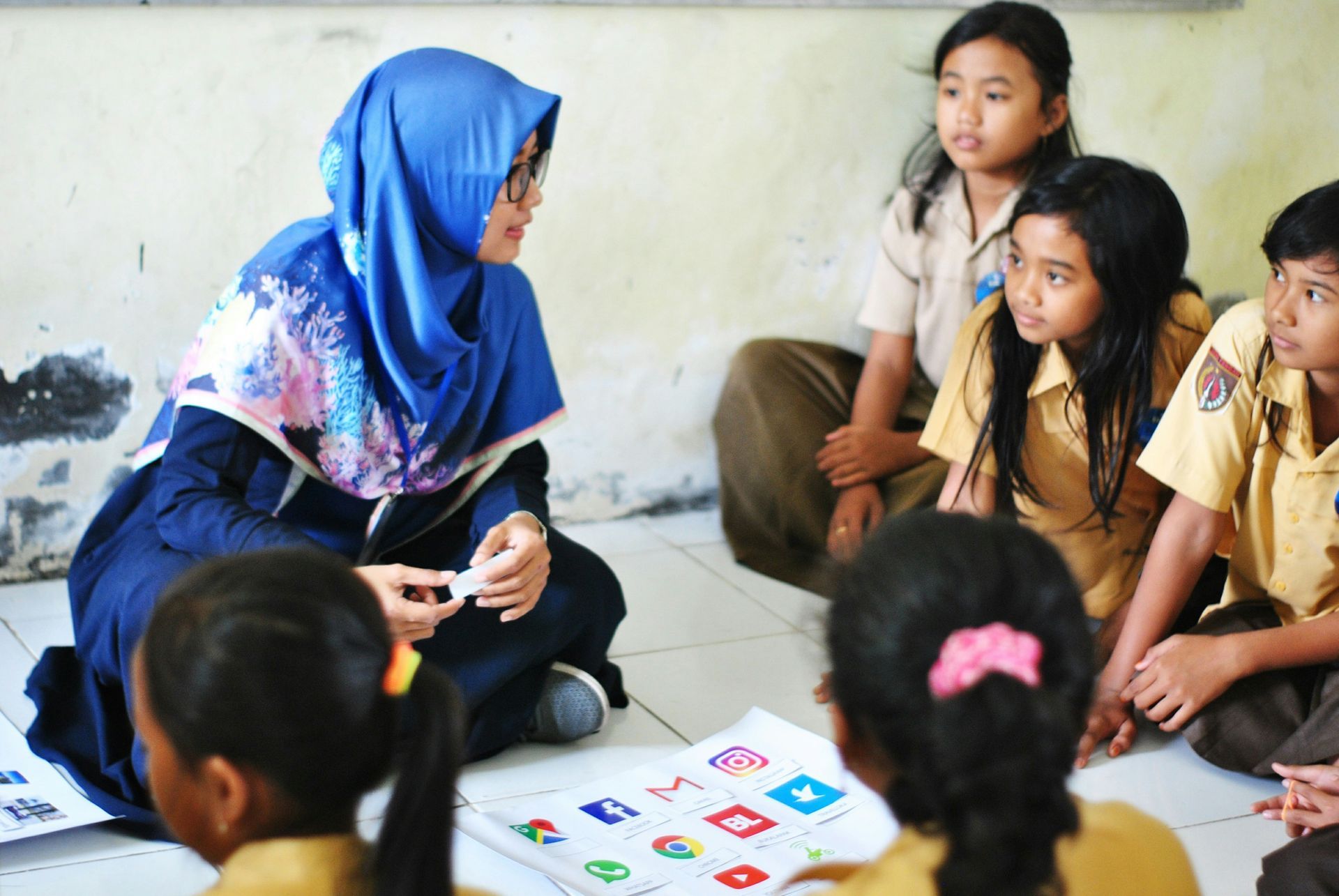


The first High-Level Political Forum (HLPF) was held in July 2013 and it is set to recur every year under the auspices of the United Nations Economic and Social Council (ECOSOC), and every four years under the General Assembly. It is the official platform for monitoring progress on the Sustainable Development Goals (SDGs). Each meeting […]
The first High-Level Political Forum (HLPF) was held in July 2013 and it is set to recur every year under the auspices of the United Nations Economic and Social Council (ECOSOC), and every four years under the General Assembly. It is the official platform for monitoring progress on the Sustainable Development Goals (SDGs). Each meeting aims to:
• Provide political leadership and recommendations for sustainable development,
• Follow-up and review progress in implementing sustainable development commitments,
• Enhance the integration of economic, social, and environmental dimensions of sustainable development,
• Consider new and emerging sustainable development challenges, and
• Provide a forum for Voluntary National Reviews on the Sustainable Development Goals.
HLPF 2017
The 2017 HLPF, held from 10-19 July, focused on the theme of Eradicating poverty in all its forms and dimensions through promoting sustainable development, expanding opportunities and addressing related challenges. It focused on SDGs 1 (End poverty), 2 (End hunger), 3 (Promote health and well-being), 5 (Achieve gender equality), 9 (Build resilient and innovative infrastructure), 14 (Conserve and sustainably use marine resources), and, as with every year, 17 (Partnerships for the Goals). By grouping these specific SDGs under a broader theme, HLPF 2017 attempted to help policymakers, stakeholders, private sector actors, and the general public assess the interlinkages between them. HLPF themes attempt to encourage integrated discussion on the pursuit of the SDGs, across goals and sectors – discouraging countries from shortsightedly pursuing one or two SDGs individually.
Over the course of 8 days, 2,458 registered stakeholder representatives and 65 ministers, cabinet secretaries, and deputy ministers convened to assess 44 voluntary national reviews (VNRs) from Africa, Europe, Asia Pacific, Latin America, and the Caribbean. There were 36 meetings, 147 side events, 3 special events, and 10 learning courses and workshops all themed around ending poverty and promoting prosperity in a changing world. The overarching ambition of these meetings is to provide spaces and a common platform to review what’s working and how to take best practices to scale.
SDSN PARTICIPATION
SDSN was actively involved in several events throughout the forum:
Opening of the three-day ministerial meeting: Keynote from Jeffrey Sachs
SDSN Director Jeffrey Sachs presented a keynote address on the state of the world. He used the opportunity to highlight the challenge of global monetary distribution; if we divided up the world’s wealth equally, there is an average of $17,000 on this planet per person, which is more than enough to live sustainably. However, 2,043 billionaires have among them $7.7 trillion in wealth. “We have arrived at a period of unprecedented and stunning inequality, at the same time as a period of unprecedented wealth and productivity. Violence, conflicts, military and security spending, and loss of lives cost the world $13 trillion/year. The best cost of achieving sustainable development is about 3% of the world output, or $3 trillion/year.” He concluded that we have enough money to fund and achieve the SDGs, IF we are willing to adjust our priorities and meaningfully work together.
Nutrition and Soils in the 2030 Agenda: a contribution to the HLPF Thematic Reviews
The first HLPF event we attended started from the ground up: soils, land, and nutrition are the literal and figurative foundation on which we will achieve SDGs concerned with poverty, health, sustainable production and consumption, and the protection of natural resources. The event was hosted by TMG Thinktank for Sustainability alongside Government Partners and co-hosts, including SDSN Germany.
Daouda Maiga, from the Ministry of Agriculture of Burkina Faso, highlighted farmers as “the first agents of human health” and reminded everyone that agriculture employs about 30% of the global population. Joan Carling represented the voice of indigenous people and stressed the importance of protecting land rights. Anke Niederhaus, of the German Federal Ministry of Food and Agriculture (BMEL), called for more coordinated efforts to ensure healthy diets and tackle nutritional deficiencies and related diseases.
Global Soil Week 2017 , hosted with the support of SDSN Germany, produced a set of policy messages on sustainable soil management and responsible land governance, as well as a report reflecting the methodology used; both were presented at this event. Participants discussed how to recreate a similar event based on nutrition preceding HLPF 2018/19. See the full event report.
Measuring Peaceful, Just, and Inclusive Societies
The SDG 16 Data Initiative (SDG16DI) – a collaborative multi-stakeholder of which SDSN is a founding member- highlighted gaps in global data on peace and launched
their inaugural Global Report. In Chapter 13 the report outlined the coverage of data for the 44 countries under voluntary review at HLPF 2017, finding that on average these countries only have data available for 44% of the Inter-Agency and Expert Group (IAEG) official indicators, ranging from 17% (Monaco) to 61% (El Salvador and Nigeria).
This event emphasized the need for measurement of the current state of SDGs and their progress. “While national governments and specialized intergovernmental institutions will be responsible for official UN monitoring of the SDGs, supplementary data from nongovernmental sources – such as civil society organizations and research institutions – will also play a crucial role in providing the most complete and accurate picture possible of global progress.”
The experts who composed the SDG 16 Data Initiative 2017 Global Report will present and discuss their findings with the public in a webinar on 26 July.
The launch of SDSN’s 2017 SDG Index
Politicians and experts including SDSN Director Jeffrey Sachs, participated in a high-level side event, hosted by the Permanent Mission of Germany to the United Nations to launch the SDSN and Bertlesmann Stifttung’s 2017 SDG Index. Participants discussedthe interconnectedness of sustainability amongst countries including “spillover effects,” or the influence of countries’ policies and actions on the ability of others to achieve the SDGs – a new dimension featured in the 2017 Index report. This unique innovation generated quite unusual rankings, reconfiguring how we view development. Certain elements of the current development model – for example, high levels of consumption, the existence of tax havens, or the export of arms – cause adverse side effects and are mainly caused by high-income countries. As SDSN Director, Jeffrey Sachs, put it “This year, we took the wealthy countries down a few notches. Their unobserved effects are wrecking havoc halfway across the world.”
Rita Schwarzelühr-Sutter, a member of the German Bundestag and a Parliamentary State Secretary, asserted that the rankings were far from the important part of the Index, and that “this is not a naming and shaming exercise, but a tool to identify priorities for action.” SDSN’s Executive Director, Guido Schmidt-Traub, announced that next up for SDG Index efforts will be developing “regional reports, namely starting with US, African, and European versions.”
Higher Education Institutions – key drivers of the Sustainable Development Goals
Organized by the Higher Education Sustainability Initiative (HESI), this event provided a space for higher education institutions to showcase how the 2030 Agenda for Sustainable Development, including the SDGs, is being integrating into sustainability strategies, research, teaching, pedagogy, and campus practices, and to position higher education institutions as key drivers for achieving the SDGs. H.E. Peter Thomson took the stage first, relaying his efforts to contact schools and convince them to integrate the SDGs into curriculum because “education is the thread that runs through all 17 SDGs.”
Voluntary National Reviews 6 (VNR)
SDSN Senior Advisor, Jessica Espey, was a lead discussant at the VNR panel on Italy, Zimbabwe, and Guatemala. Each presentation was markedly different emphasizing different themes and challenges. Italy stated that the “last decade-long economic crisis has provided evidence for the growth of inequalities in Italy. A number of factors underlie this long-term process. Many of them are directly linked to the creation of “new winners and losers” as well as to the lack of appropriate responses to several critical issues: globalization, trade and financial integration, technological transformation, labor market, demographic trends, and migration.” Guatemala acknowledged their country “advanced in achieving the development goals at an insufficient rate and in many areas (this was) unsatisfactory to achieve the minimum standards of development” but assured they have “opened spaces for dialogue with all relevant actors to address a route (to success).” Zimbabwe reiterated their commitment to Agenda 2030, but reported that currently “4 million people are food insecure, 51% of those being women.” They listed several next steps including “strengthening the national budget to achieve the SDGs” and “expanding climate smart agriculture.”
Jessica Espey’s inputs highlighted the need to: have robust civil society input into the VNR processes to ensure accountability to local citizens; have local academia and science in helping to track and monitor the goals; focus on subnational levels of governance in support of implementation; and to invest in data systems. She also called for the VNRs to be made available long before their presentation at the UN to enable peer countries and national and international civil society to adequately prepare for the presentations.
Mobilizing Religious Communities to Act With Solidarity and Shared Responsibility to End Poverty and Promote Peace
SDSN Director, Jeffrey Sachs, spoke
on the relationship between the SDGs and ethics. He discussed how we can leverage religious leaders to mobilize their communities. He asserted that there is plenty of funding to achieve the SDGs, but that it is misallocated and “this is about basic decency in a world of wealth.” In many parts of the world, religious leaders are pillars of their community. The variety of commitments by religious leaders to leveraging their influence to educate their congregations and communities on sustainability was inspiring.
Agriculture and Food Day to Implement the Sustainable Development Goals
The SDSN participated in Agriculture and Food Day, a side-event hosted by Farming First, the International Agri-Food Network, and other organizations to raise awareness about SDG 2 and related goals. In the opening session Michael Grant, Deputy Permanent Representative of Canada to the UN, reminded participants that investments in agriculture are several times more effective at reducing poverty than investments in other sectors. Katia Araujo, Director of Advocacy at Landesa, highlighted linkages between agriculture and gender equality, paying particular attention to land tenure. Over lunch, participants explored ways to attract more young people to agriculture-related careers, with education, infrastructure, and access to services like electricity and healthcare all playing a role.
SDSN staff including Guido Schmidt-Traub, Lauren Barredo, Liz Moyer, Jessica Espey, Cheyenne Maddox, Abigail Orzolek, Courtney Garrity, Melika Edquist, and Michael Shank also attended and participated in a series of roundtables, meetings and events throughout the fortnight exploring how to encourage engagement with the HLPF and incentivize progress on the SDGs.




Get our latest insights, opportunities to engage with our networks, and more.

SDSN mobilizes global scientific and technological expertise to promote practical solutions for sustainable development, including the implementation of the Sustainable Development Goals (SDGs) and the Paris Climate Agreement.
Paris
19 rue Bergère
75009 Paris
France
+33 (0) 1 84 86 06 60
New York
475 Riverside Drive
Suite 530
New York NY 10115 USA
+1 (212) 870-3920
Kuala Lumpur
Sunway University
Sunway City Kuala Lumpur
5 Jalan Universiti
Selangor 47500
Malaysia
+60 (3) 7491-8622